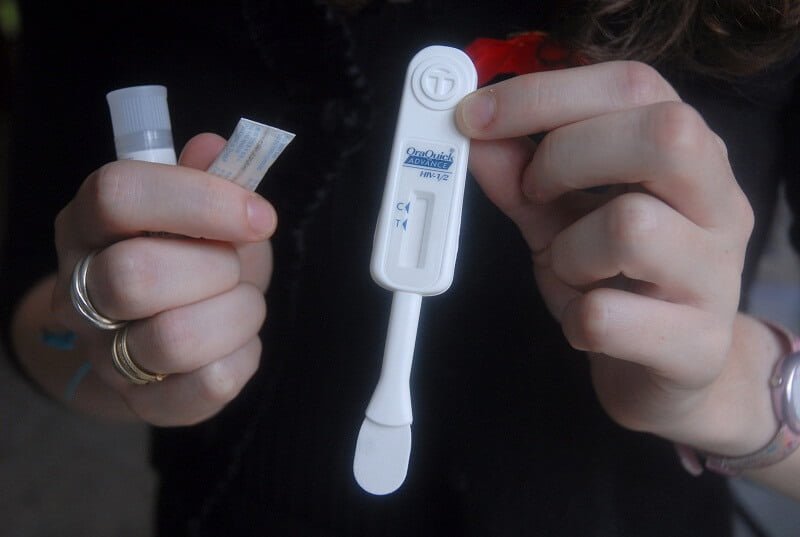HIV Testing – All That You Should Know About It
The symptoms of HIV can vary widely from one person to another; some people may not display any signs at all. Even if you may have been infected with HIV, many of the initial symptoms are extremely common and do not necessarily ring any alarm bells. If you think you may have exposed yourself to HIV you should still visit a medical practitioner, who will arrange for appropriate testing for confirmation, even if you do not have any of the symptoms of fever, body rash, swollen glands, sore throat, upset stomach, headache, muscle pain, or joint ache, etc.Even though getting an HIV test done is the only way to really know if you have become infected with the HIV virus, many people are nervous about what the result is going to be and hesitate to take the test. A simple HIV testing primer:
Quick and Simple Testing
Undertaking an HIV test is very quick and extremely easy. The procedure involves testing the blood or saliva and is the only way to know for sure whether you are infected or not. Invariably, the test is also free.
Knowing Makes It Easier
It is perfectly normal to be worried about whether you have HIV or not. Not going in for the test just prolongs the agony. Irrespective of whether the test result is positive or negative, it is always better to put your mind at ease with the knowledge and get along with your life, or if necessary, start the treatment.
Increases Your Chances of a Long and Healthy Life
If indeed the results show that you are HIV-positive, getting an early diagnosis mean that you can start the treatment earlier and improve the possibility of a longer and healthier life. This is simply because the early treatment will allow better protection of your immune system. Your early diagnosis not only means that you can access treatment earlier but also can take better care of your sexual partners. This is because once you know that you are HIV-positive, you can abstain or use condoms.
When Can the Testing Be Done?
HIV testing can be done at any point of time. If you think that you have been exposed to the risk of HIV by having unprotected sex, sharing needles for injecting drugs or due to transfusion of infected blood, talk to your doctor at the earliest to enable them assess the risk potential and advise testing. It is possible for modern HIV tests to detect the infection as early as 11 days from the time you were exposed. The window period though differs from one test to another. Depending upon the test and the degree of risk, further testing may be advised before the actual result can be confirmed.
Should You Test Even If You Do Not Think You Were At Risk?
It is a good practice for you to get yourself tested for HIV and other sexually transmitted infections once a year if you are sexually active. By doing this you can remain confident that you are not infected, and even if you test positive, you can start the treatment before any complications set in. Using an inexpensive Elisa kit, you can even do the test at home.
Should You Test When Pregnant?
If you are planning a pregnancy, it is very important that you get yourself checked for HIV and other STIs well before. In case, you are already pregnant then get the test administered as soon as possible so that you can begin treatment to prevent the transmission of the infection to the fetus, and allow you to enjoy a healthy pregnancy. The earlier you get yourself tested, the more increased is the possibility of the child being born without being HIV-positive.
Conclusion
If you guess that you have exposed yourself to HIV infection, it is best to put your fears at rest by undergoing testing as soon as possible. The quicker your diagnosis is, the lesser the anxiety about the unknown or the start of your treatment. You should definitely undergo testing before getting pregnant or undergoing any major surgical procedures. Even if there are no symptoms or perceived exposures, an annual test is recommended.








